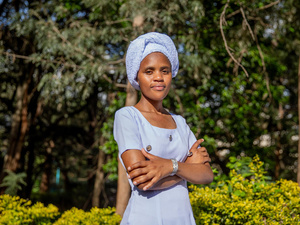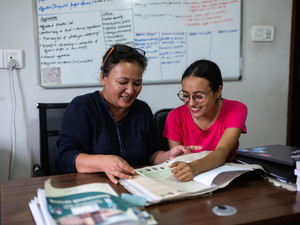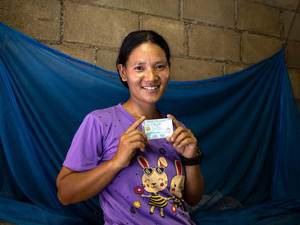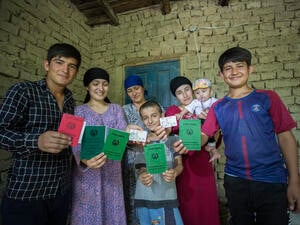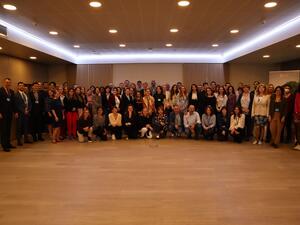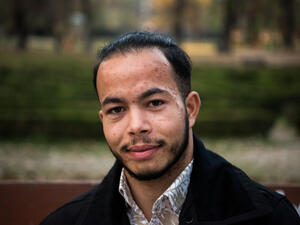Ground-breaking steps to end statelessness for former refugees
Ground-breaking steps to end statelessness for former refugees
UNHCR applauds the efforts of Viet Nam to end statelessness for 2,357 former Cambodian refugees, a legacy of the Pol Pot regime. Many of them have lived in Viet Nam since 1975. All speak Vietnamese and have integrated fully.
As the culmination of five years of our work with the government of Viet Nam, in a citizenship ceremony at the Department of Justice in Ho Chi Minh City (former Saigon) last Friday, 287 former refugees living in what used to be two UNHCR refugee camps on the outskirts of the city received their citizenship certificates.
They now acquire all rights of citizenship. In Viet Nam, this means an all-important family registration book that governs all citizens' interactions with the government, as well as a government ID card. With these two documents, the new citizens can buy houses, attend university, get health and pension insurance and do other simple things they were not able to do before - such as own a motorbike.
By the end of the year, we expect the remaining 2,070 will also have their citizenship. Viet Nam has taken important strides in ending and preventing statelessness. Last year it enacted a law to plug gaps that caused thousands of Vietnamese women who married and divorced foreign men to become stateless. This situation has now largely been rectified, and most of the women - and their children - are getting their citizenship.
For people all over the world who have citizenship, it is difficult to understand what it means to exist in the twilight of statelessness, deprived of the very right to have rights. Combatting statelessness is one of UNHCR's top priorities. We estimate there are 12 million people in the world right now who are stateless.
Viet Nam has been a leader, not only in Asia but in the world, in ending and preventing statelessness. We very much hope it will serve as an example to other countries that these issues can successfully be tackled and solved.

